
views
Formal Words for "Awesome"

Use "impresionante." This word is literally translated as "impressive" but, it is often used in the same way "awesome" is used in English. This is a useful word to memorize because it's used across the whole Spanish-speaking world. This word is pronounced "eem-pdess-ee-oh-NON-tay." The second-to-last syllable gets the stress (as in many Spanish words). Be sure to use an English e sound (as in "tea") for each i. The r gets a very quick, delicate sound made by flicking the tongue against the roof of the mouth. This is a lot like the English d sound (as in "ladder").
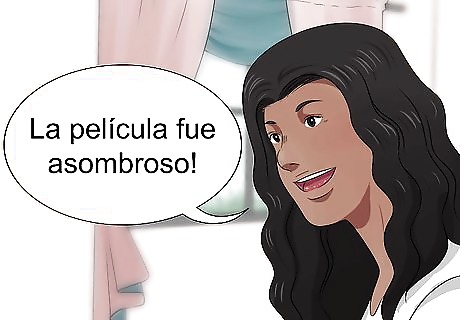
Use "asombroso" for "amazing". You'd use this word as an adjective to describe something that left you dumbstruck. For example: "La película fue asombrosa" ("The movie was amazing"). This word is pronounced "ah-sohm-BDO-so" or "ah-sohm-BDO-sa" depending on whether the word is masculine or feminine. Here, again, we're using the d-like Spanish r sound. Be sure also to use the long o sound (as in "oats") for every o in the word.

Use "increíble" for "incredible". You can use this as an adjective like "asombroso," but you can also use it by itself as an interjection like "wow!" For example, if someone tells you an unbelievable story, you might simply say, "¡increíble!" This word is pronounced "een-cday-EE-blay." Note that the accent mark over the second i puts the stress on this syllable.
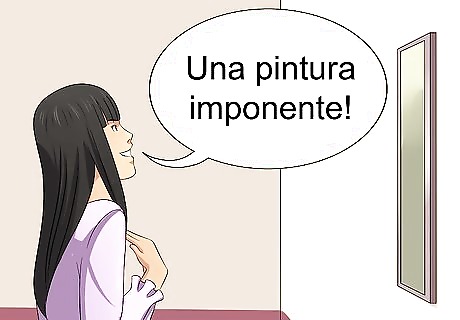
Use "imponente" for "impressive". This is another word you'd mainly use as an adjective. For example, a massive painting from your favorite artist at the museum might be "una pintura imponente" ("an impressive painting"). This word is pronounced "eem-poe-NEN-tay". Note that the second-to-last e gets a short e sound (as in "red") while the last one gets an a sound (as in "ray").
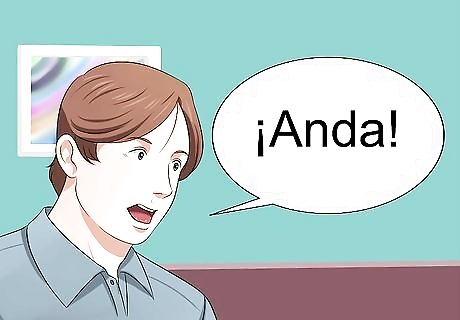
Use "¡Anda!" as an interjection. This is something you can say when you'd normally say "wow!" or "awesome!" in English. It's an all-purpose interjection — use it for anything you find especially cool! This word is pronounced "ON-dah." Be sure to stress the first syllable, which is pronounced like the English word "on" (not "own").
Regional Slang Terms
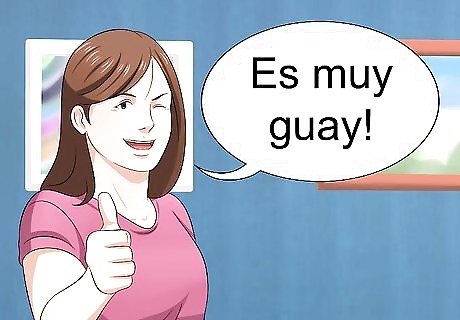
Use "guay" for "cool." This easy, one-syllable word is a popular term used to describe things that are fun or agreeable. It's used almost exactly like "cool" in English. You can say it by itself or use it as a versatile adjective. For example, "Es muy guay" ("It's very cool"). This word is pronounced "GWHY." It rhymes with the English words "pie" and "rye" (not "play" or "ray").
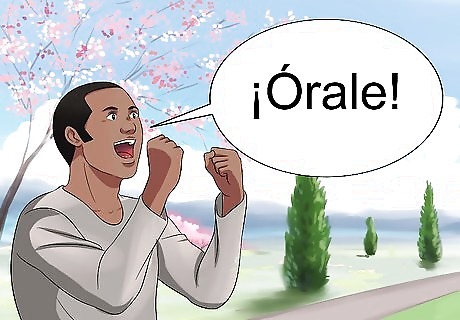
Use "¡Órale!" as an interjection in Mexico. Just like in English, some Spanish slang terms aren't used in every Spanish-speaking country. This word is popular in Mexico and is used roughly the way an English speaker might use "Awesome!" or "Right on!" For instance, you might shout it after you watch an especially skillful play by your favorite soccer player. "¡Órale!" is pronounced "OH-dah-lay." Put the stress on the first "oh" sound and use the quick, delicate r sound discussed above.
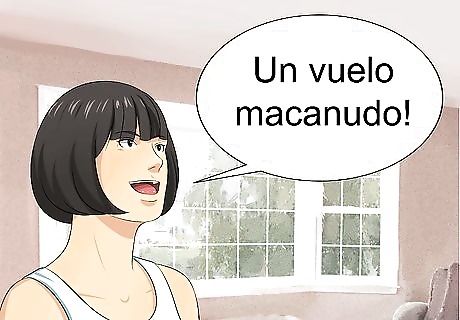
Use "macanudo" in Honduras and Central America. This term literally translates to "tough," "strong," or "big," but the meaning is similar to "awesome" or "great." Use it as an adjective. For instance: "un vuelo macanudo" ("an awesome flight"). This word is pronounced "mah-cah-NOO-thoe." Note that the d is very soft — it's closer to the English th sound (as in "the").
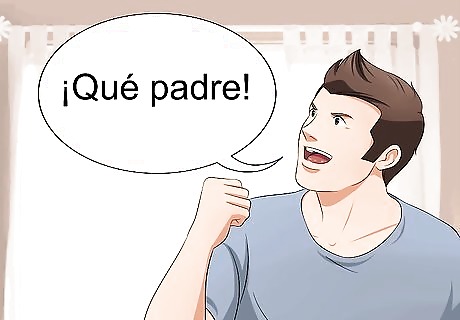
Use "padrísimo" in Mexico. This is another term that's popular among Mexican Spanish speakers. The approximate meaning is "very fatherly" but it's used as a slang term for "cool" or "awesome." This word is pronounced "pah-d-DEE-see-moe." Getting the delicate Spanish r sound right after the d can be difficult. If you're having trouble, try putting the tip of your tongue behind your top front teeth and flick it back towards the middle of your mouth as you pronounce the d. You can also say "¡qué padre!" ("how cool!") as an exclamation.
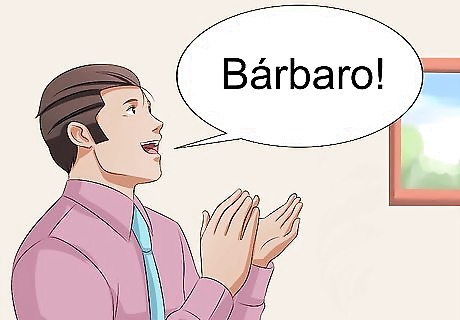
Use "bárbaro" in Argentina. This word literally means "barbarian" or "barbarous" — rough and uncivilized. However, in this context, it has a positive meaning similar to "great" or "sweet!" This word is pronounced "BADR-bah-doe." Be sure to put the stress on the first syllable.
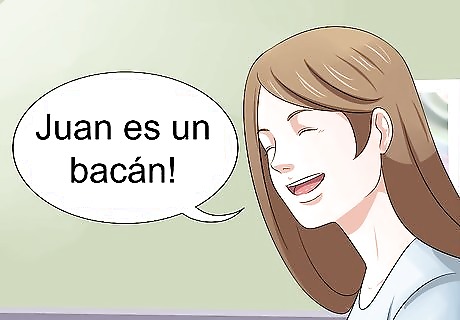
Use "bacán" in Chile. This versatile word has a few different meanings. You can use it as an exclamation like "awesome!" or "fantastic!" Alternatively, you can use it as an informal way to say "gentleman" or "dude." For example: "Juan es un bacán" ("Juan is a real cool dude"). This word is pronounced "bah-CON." The second syllable rhymes with "pawn," not "one."

Use "pura vida" in Costa Rica. This phrase, which literally means "pure life" or "full of life" is widely used by ticos (people from Costa Rica) in countless ways. You can use it by itself the way you'd use "great" or "right on, man." You can say it as a pleasant "thank you" or as a compliment. You can even use it as a greeting or goodbye, like "aloha" in Hawaiian. The phrase is so popular that it's practically the country's trademark slogan — you won't go long without hearing it in Costa Rica. This word is pronounced "poo-dah VEE-thah." Don't use a hard d or t sound for "pura." "Puta" is an obscene curse word that you don't want to say by accident.










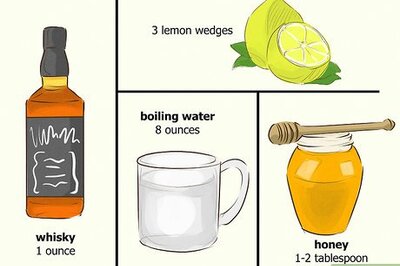


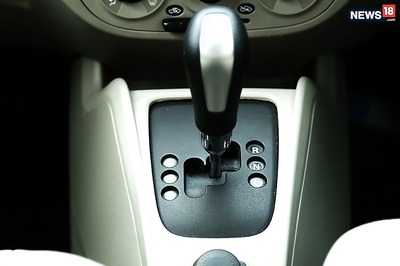

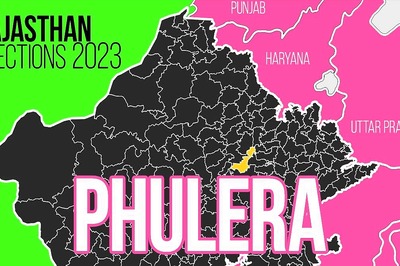


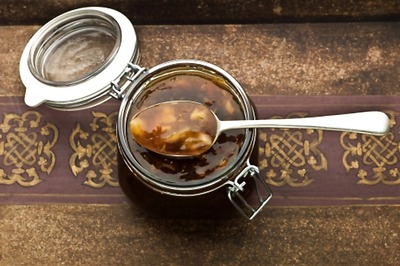

Comments
0 comment